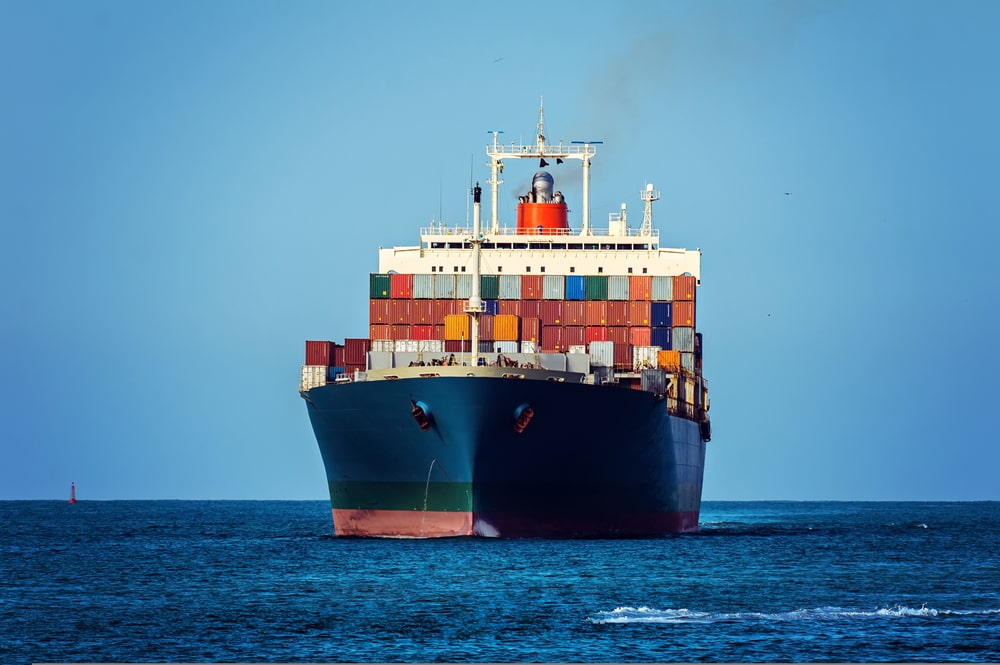
Maritime Accidents
Maritime accidents can be devastating, leading to serious injuries, property damage, and financial losses. Whether you work on a commercial vessel or are a passenger on a recreational boat, accidents at sea can have long-lasting effects on your physical health and financial well-being. Maritime accident claims are unique in many ways, often requiring a detailed understanding of maritime law to ensure fair compensation.
Here are some of the most common types of maritime accidents and how they can impact claims.
Slip And Fall Accidents
Slip and fall accidents are one of the most frequent incidents aboard ships and offshore platforms. These accidents can occur due to wet decks, improper footwear, poor lighting, or cluttered workspaces. Slip and fall accidents can lead to significant injuries such as broken bones, head trauma, or spinal damage, especially when they happen in a harsh marine environment.
In slip and fall accident claims, proving that the vessel owner or employer failed to provide a reasonably safe working environment is key. If a crew member slips due to a hazardous condition that should have been addressed, they may be entitled to compensation under the Jones Act, which protects injured seamen.
Collisions Between Vessels
Collisions at sea between vessels can be catastrophic, often resulting in severe injuries, fatalities, and significant damage to both ships. These accidents may occur due to human error, mechanical failure, or poor weather conditions. In cases where negligence, such as improper navigation or failure to follow safety protocols, leads to a collision, injured parties can file claims for damages.
Liability in vessel collisions can be complex, and it may involve multiple parties, including the owners of both vessels, the operators, and even third-party contractors. Proving negligence in such cases often requires a thorough investigation into the circumstances surrounding the accident. A Maritime Accident lawyer can help injured individuals understand their legal options and pursue compensation.
Fires And Explosions
Maritime fires and explosions can be particularly dangerous, especially in environments like oil rigs, tankers, or ships carrying hazardous materials. These incidents often lead to severe burns, respiratory injuries, or death. Fires and explosions can result from faulty equipment, unsafe storage of flammable materials, or human error.
When a fire or explosion occurs, the injured party may file a claim under the Longshore and Harbor Workers’ Compensation Act (LHWCA) or the Jones Act, depending on their status as a seaman or harbor worker. In such cases, establishing that safety regulations were violated or that proper procedures were not followed can be critical to securing compensation.
Falling Overboard
Falling overboard is a terrifying and dangerous accident that can occur on any vessel. It may result in drowning or serious injuries from being struck by the ship or rescue equipment. Accidents of this nature can be caused by unsafe conditions, such as a lack of guardrails or poorly maintained safety equipment.
In claims involving a fall overboard, the victim or their family must typically show that the vessel’s operator or employer failed to follow safety protocols. For example, if safety harnesses were not provided or safety drills were inadequate, the responsible party could be held liable.
